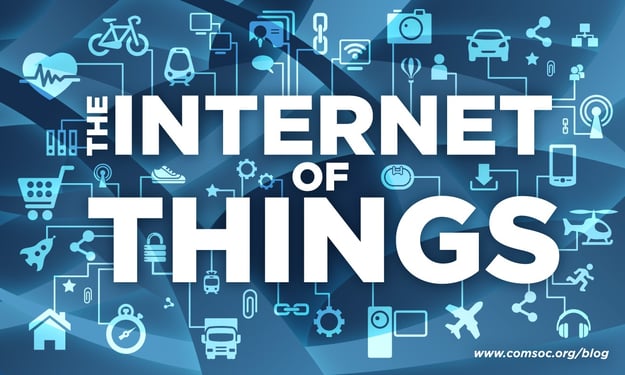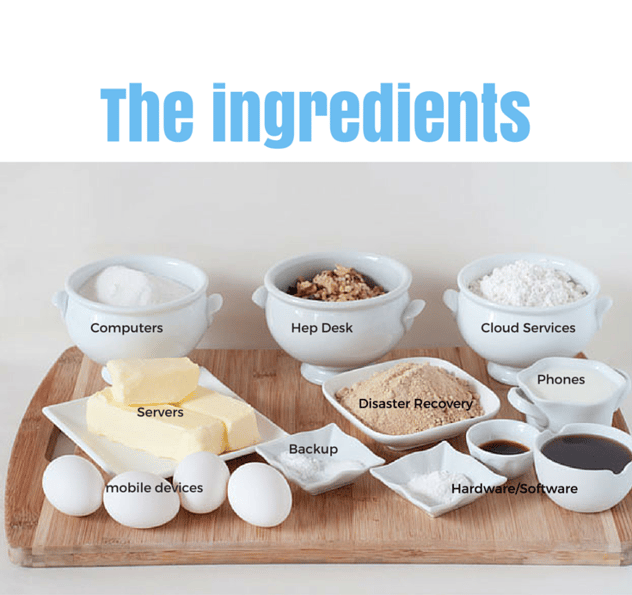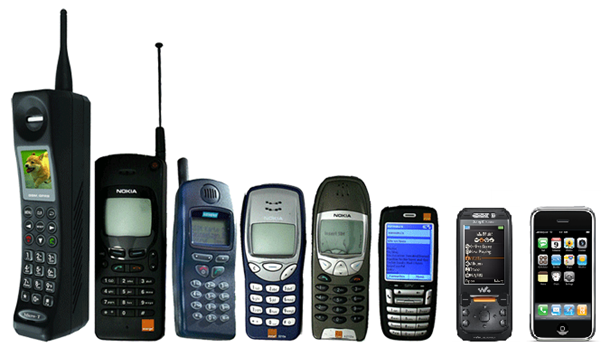
The Internet of Things (IoT) is arguably the most revolutionary step within industrial progress since the development of computing technology. Not only has it changed the entire business network, but our understanding of social organization has been significantly altered. All individuals have the ability to share their ideas with the entire online community, and the traction of an idea is not necessarily limited by a content author’s authenticity. In fact, the IoT allows anyone to become the leader of a movement and to develop a strong reputation alongside the expansion of their idea itself. This is valuable to both the environmentalist trying to save the world’s ecology and the marketer trying to drive traffic to his or her business’s website. As businesses create new ways to take advantage of the Internet of Things, they encounter a greater need to understand how IT will support their online retail platform, customer and lead organization, content publishing, project collaboration, activity monitoring, and computer or device management. Smartphone devices allowed the IoT to become what it is today by giving users the ability to interact with the Internet at any moment in time, and it is this observation that demonstrates the importance of using mobile device technology to stay connected as a business. Ultimately, the IoT changes businesses’ approaches to operations by modifying the structure of their information systems and creating a demand for new IT solutions.




